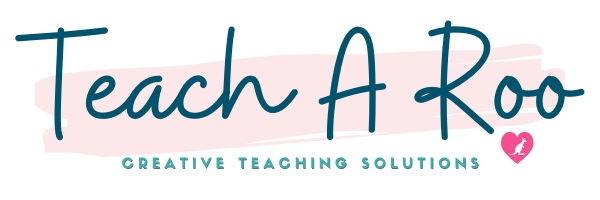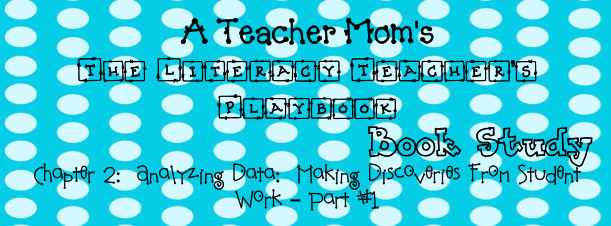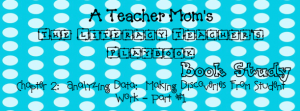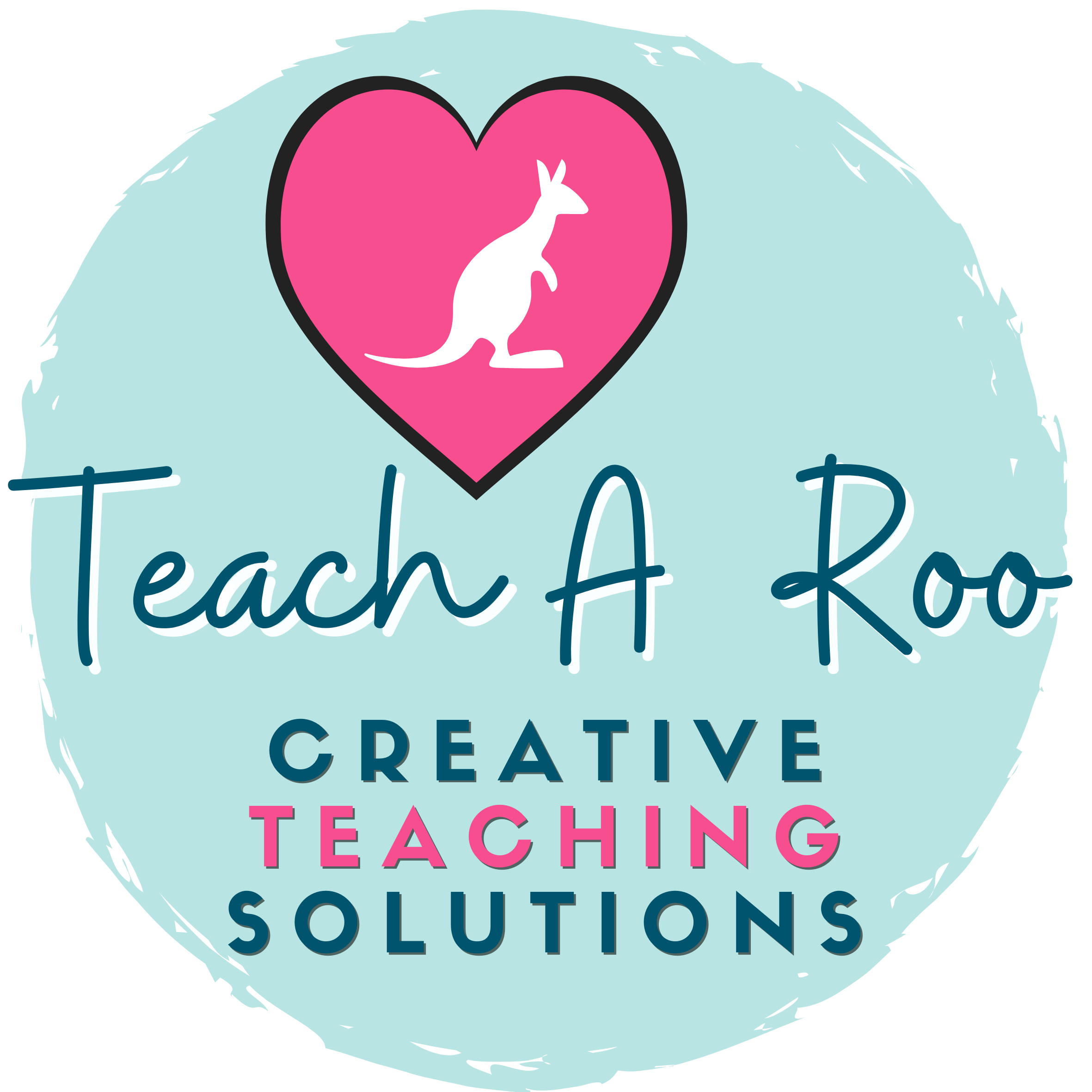So, welcome back to another Wednesday book study installment of the Literacy Teacher’s Playbook! Woo! Besides delving into Analyzing Data, we have a giveaway this week too! So after you read me, check out the other bloggers who are following along and don’t forget to enter! Winners will get their choice of one product from yours truly! YAY!!
So chapter 2 is about analyzing all of the data that we collected in chapter 1. This is a little difficult since it is summer vacation. There are samples available and the author encourages us to go on and use the samples on the publisher’s website. I found these to be a little unrealistic and not aligned with the population that I teach. I will be looking forward to using some of these strategies in the fall when I have actual work from my students to look at.
She goes on about the engagement inventory. Generally, I can tell if the students are engaged in reading or not, but taking time to analyze exactly what each kid is doing during an extended period of time seems to have a bit of value. Again, I am still waiting for the book to provide me with new strategies and tips for helping students who are less engaged.
I talked briefly about book logs during last week’s entry. I struggle with book logs for many reasons. The population of students I teach do not have books at home that are appropriate for their reading levels. Many times the logs offer a very surface view of the reading and don’t offer much insight into what the child read.
I also have a bit of a confession to make. As a parent, I am terrible with reading logs! My daughter reads all the time, but I find filling out reading logs to be a nuisance. I think this mostly because I don’t think that the teacher is using them for any purposeful reason, like assessment. I guess we will have to put a little more effort into my daughter’s reading logs come this fall! 🙂
On another interesting side-note, loyal followers know that I am doing two book studies on literacy. This is getting my mind a bit jumbled, and I have found some contradictions between the two books.
In Notice and Note, the authors pay particular attention to analyzing the types of questions that we ask students. They encourage the use of questions that are more general and global in nature. I’ve noticed that the question stems given in The Literacy Teacher’s Playbook are pretty text-specific and have little application to other texts. I think I prefer the N & N way better.
Happy reading, and don’t forget to go to the A Teacher Mom’s blog and enter our giveaway!



